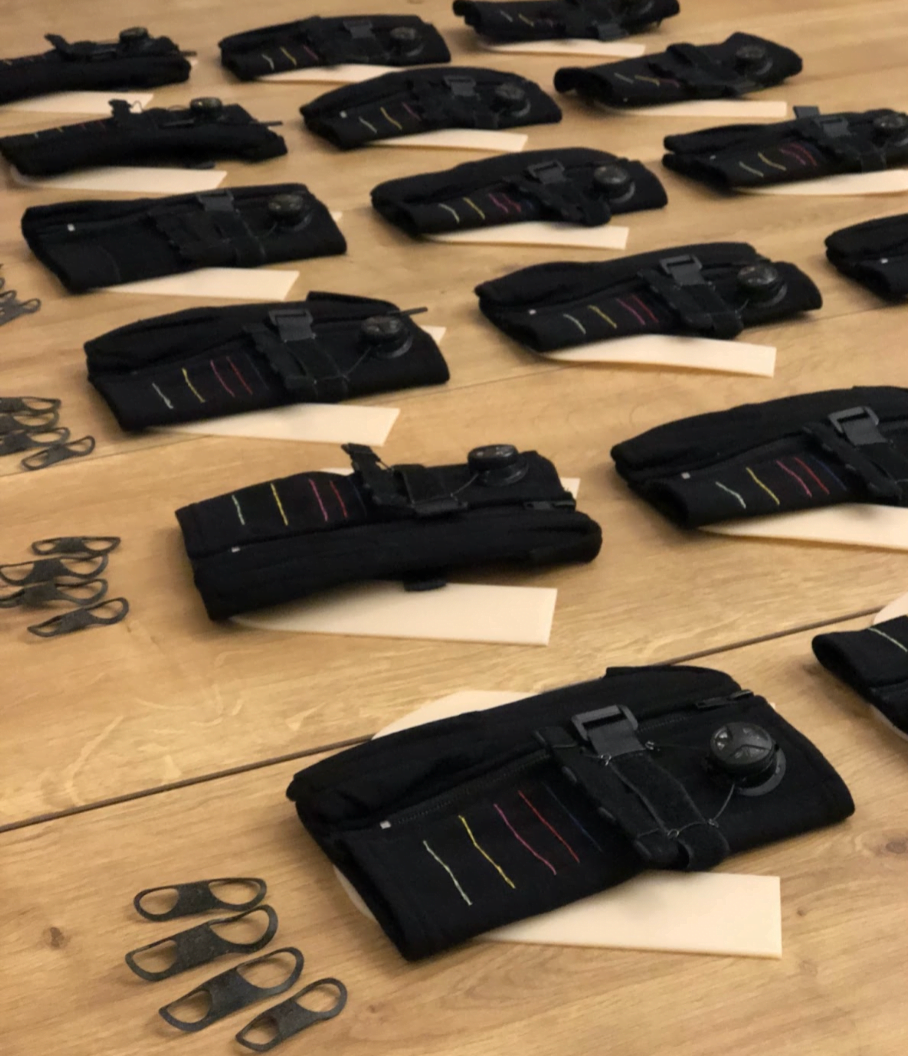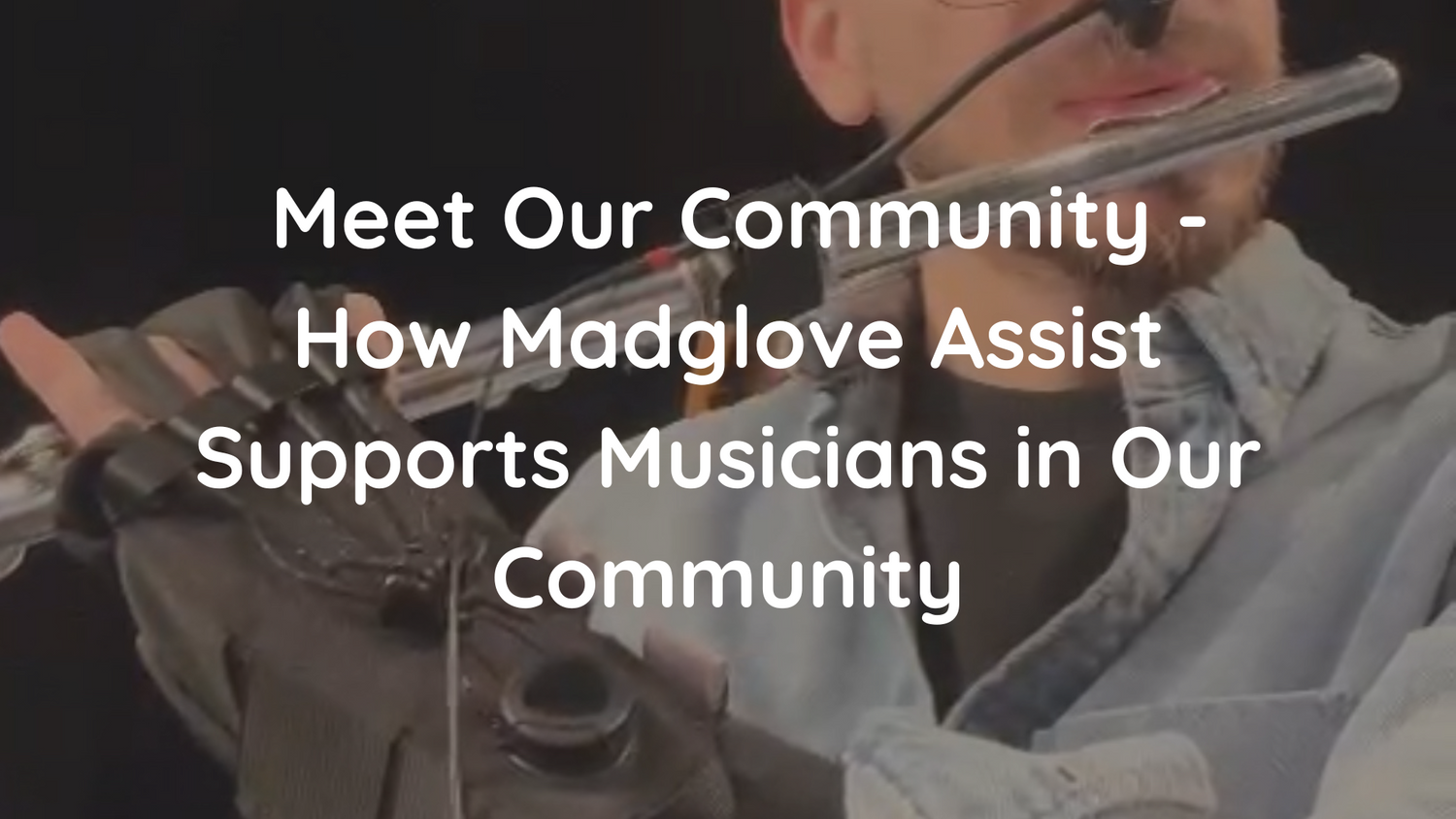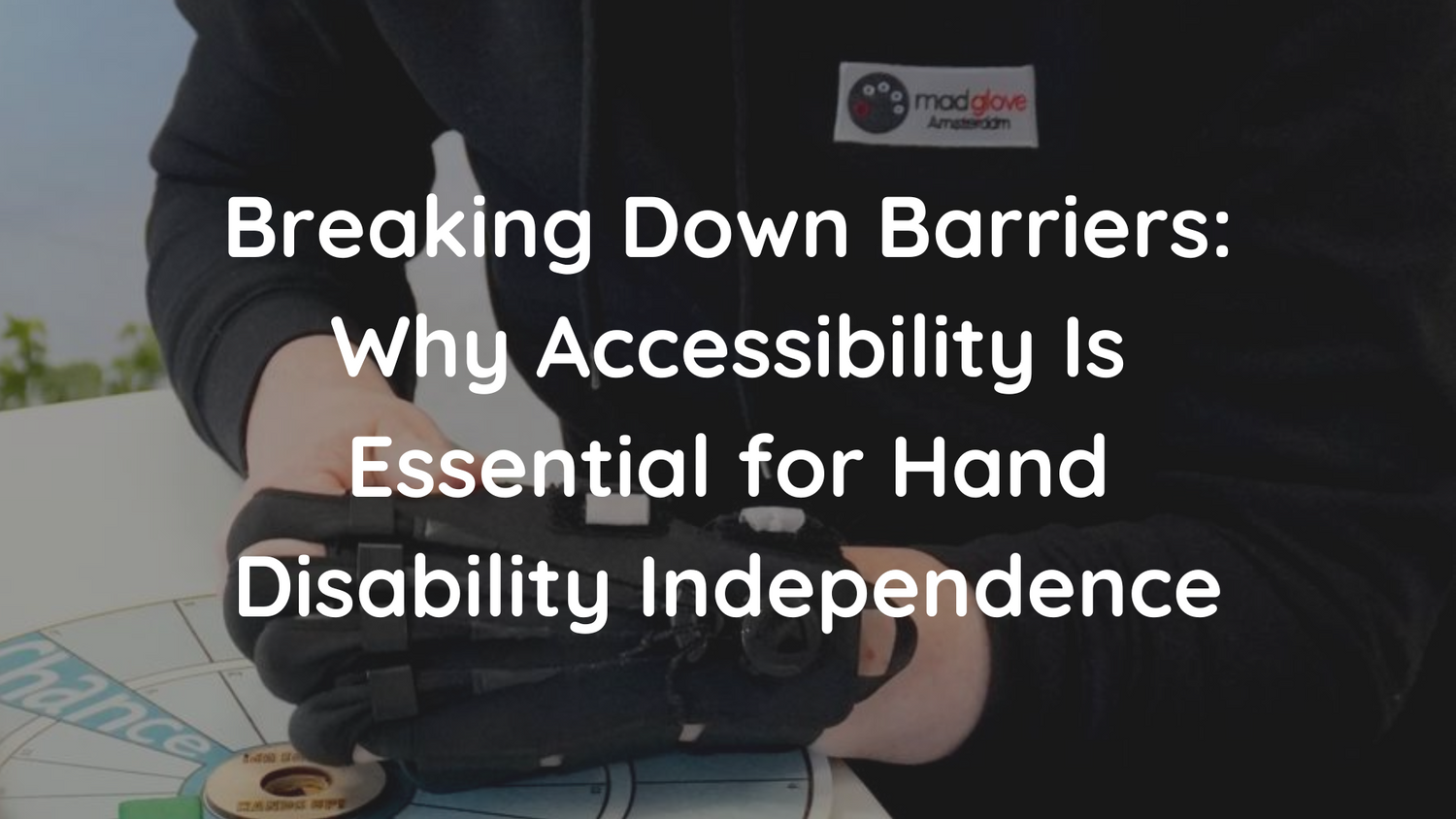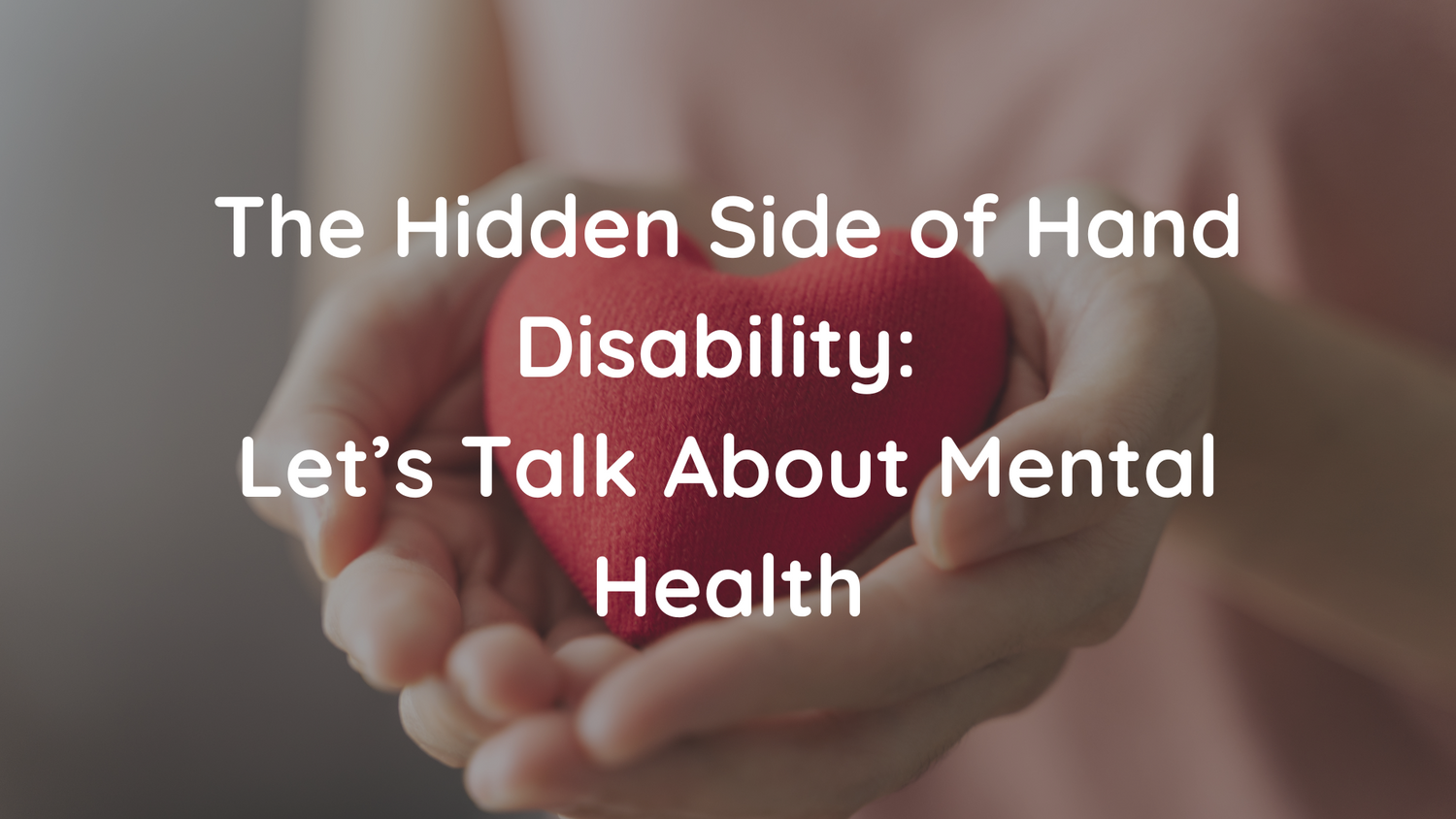
Hardware is Hard
David Gotti
It has been 845 days since three of my co-founders and I completed the Entrepreneurship course of our master’s degree. During this final day we pitched Madglove: a 3D printed home-rehabilitation solution for stroke survivors. We won the pitching competition within the course and took that enthusiasm, the initial 3D printed prototype along with the business strategy we had developed and never looked back.
In the months following the course we were accepted to the Demonstrator Lab, a supportive entrepreneurial environment for young founders located at the Vrije Universiteit Amsterdam. Even with all of the resources to prototype and test at our fingertips we found ourselves overwhelmed with where to start. Depending on who we spoke to on a given day, we would receive feedback to not 3D print, or that 3D printing was the only good option. All we knew is that we wanted to move away from the original design in order to create a product that would allow more independence.
Finally in February 2022 I made the plunge and bought a wrist brace, some extra materials and started trying different things. Within a day the tightening wheel you can find in our current prototype was incorporated into the design and the new era of Madglove started (see video here).
After this first leap, several small iterations followed until September 2022 when we found our final co-founder. With her background in Industrial Design Engineering she brought new ideas to the prototyping table and we developed the prototype we have today.
As you can imagine, developing prototypes is expensive, and developing enough to get a significant amount of feedback is even more expensive. Thus, in September 2022 we decided, together with Dr. John van der Kamp, to apply for the NWO research grant for a feasibility study. In December we got the ok from the Dutch research council, and today we are three months into our study.
Hardware is hard because of many reasons. There are large costs associated with prototyping, you need individuals willing to physically come and test and co-create your product with you, setting up a production line takes time and (in our case) the certifications are costly and time consuming to acquire.
However, through a huge amount of perseverance and amazing support we have overcome the first big hurdles. We attained the funding necessary to make a sufficient amount of prototypes to use and test and we have a wonderful pool of volunteers including people with spasticity and physiotherapists that give feedback on each step. We are working towards the next goals and are excited to see how we will tackle the upcoming challenges.




